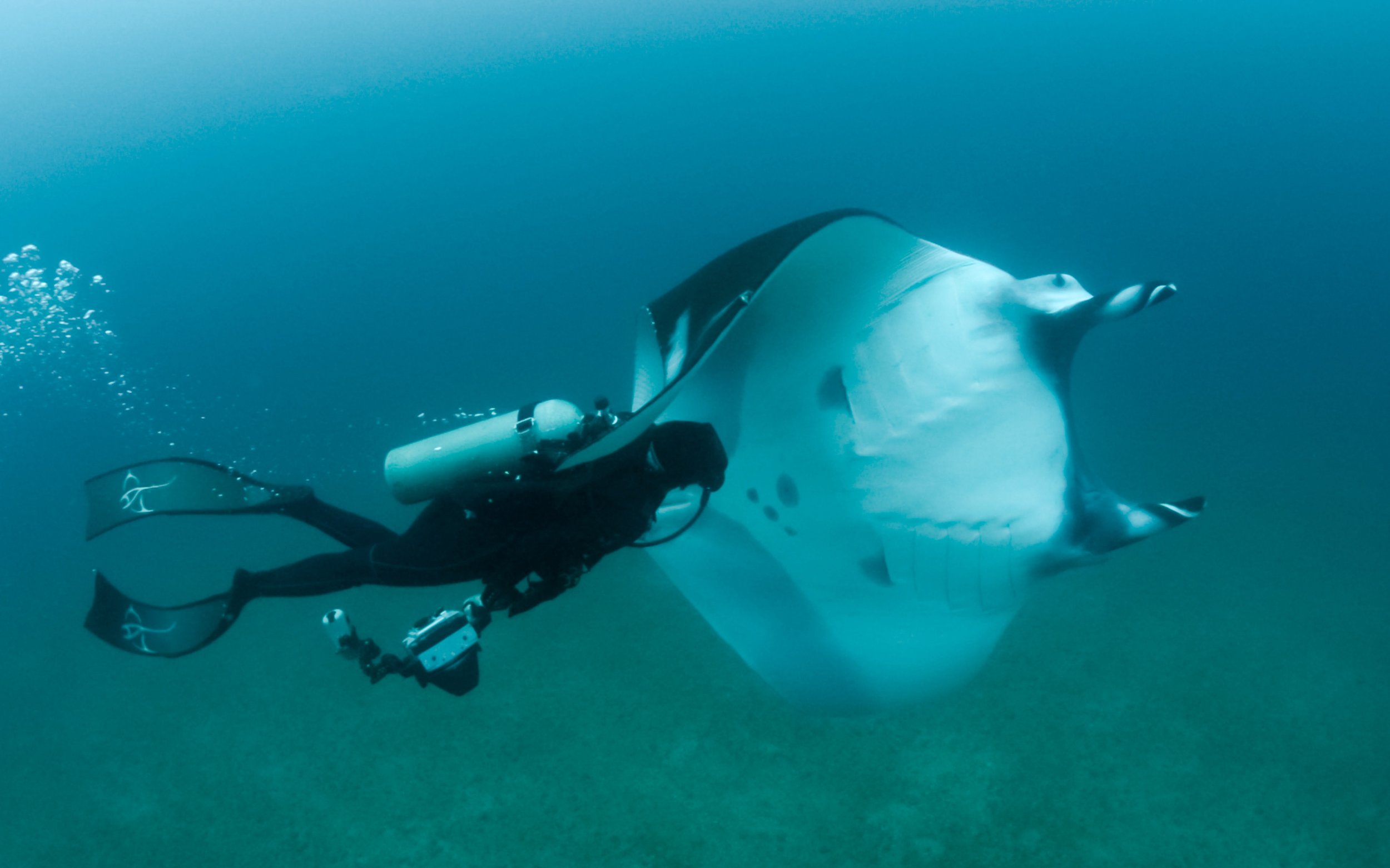Dr. Stephanie Venables
Senior Scientist
Google Scholar Instagram Twitter Research Gate
steph[@]marinemegafauna.org
Research Interests
Broadly, Steph’s research aims to gather vital ecological information to better understand and protect threatened marine megafauna, particularly sharks and rays. While her PhD research focused on manta rays, she currently studies a number of different elasmobranch species in southern Mozambique, such as wedgefish, leopard sharks, smalleye stingrays and mobula rays. Steph is interested in applying different research techniques as conservation tools, using a range of methodologies to better understand species and the way they interact with their ecosystem. This includes telemetry (tagging), population genetics/genomics and demographic modelling.
Education
2020 Doctor of Philosophy (PhD)
University of Western Australia. Perth, Australia
Thesis title: Ecology and conservation of a threatened reef manta ray Mobula alfredi population in southern Mozambique
2013 1st Class Honours in Marine Science
Murdoch University, Perth, Australia
Thesis title: Behavioural response of reef manta rays Manta alfredi to tourism interactions in Coral Bay, Western Australia
2011 Bachelor of Science, Marine Science
Murdoch University, Perth, Australia
Biography
Originally from the midlands of England, Steph moved to Western Australia with her family when she was 9 years old. Growing up by the ocean opened a whole new world of adventure and fascination and at her primary school graduation she proudly declared that she would be a marine biologist when she grew up.
Fast forward a couple of decades and Steph is a Senior Scientist at MMF. Steph started with MMF in 2014 and her work has since taken her to far-flung places across the globe, working on remote islands and coastlines of Australia, Indonesia and Africa. Steph recently completed a PhD at the University of Western Australia, which focussed on the ecology and conservation of reef manta rays in southern Mozambique. She is now based full-time in Mozambique, where she works with a range of species from benthic-dwelling wedgefish to ocean-roaming manta rays.
A field researcher at heart, Steph’s favourite part of the job is being on or in the water but she also gets a kick out of number crunching and statistical coding, a necessary evil. In her downtime Steph likes to do yoga, play ukulele and pat other people’s dogs.
Current MMF projects
Steph is currently based full-time in Mozambique, where her main focus is MMF’s Threatened Species Program. Her work involves time in the field conducting survey dives to collect data on various shark and ray species, deploying tags and collecting tissue samples, as well as time in the office managing and analysing data and writing scientific papers. Steph also co-manages MMF’s manta ray project in Raja Ampat, Indonesia.
The Threatened Species Program (Mozambique) includes:
Devil Ray Project
Bull Shark Project
Wedgefish Project
Leopard Shark Project
Smalleye Stingray Project
Elasmobranch Census Project
Media
The Mystery of the Melanistic Manta Rays | New York Times
For Manta Rays, Survival Isn’t Black and White | Hakai Magazine
MMF create underwater 'listening stations' to track manta rays | Oceanographic Magazine
Underwater ‘Listening Stations’ Track Reef Manta Rays | Dive Magazine
Manta Mother and Marine Scientist, Stephanie Venables | Girls That Scuba
Featured papers
Venables SK, Marshall AD, Armstrong AJ, Tomkins JL, Kennington WJ (2020) Genome-wide SNPs detect no evidence of genetic population structure for reef manta rays (Mobula alfredi) in southern Mozambique. Heredity. doi: 10.1038/s41437-020-00373-x.
Venables SK, van Duinkerken DI, Rohner CA, Marshall AD (2020) Habitat use and movement patterns of reef manta rays Mobula alfredi in southern Mozambique. Marine Ecology Progress Series. doi: 10.3354/meps13178.
Venables SK, Marshall AD, Germanov ES, Perryman RJ, Tapilatu RF, Hendrawan IG, Flam AL, Van Keulen M, Tomkins JL, Kennington WJ (2019) It's not all black and white: investigating colour polymorphism in manta rays across Indo-Pacific populations. Proceedings of the Royal Society B 286:20191879. doi:10.1098/rspb.2019.1879.
Stewart JD, Jaine FR, Armstrong AJ, Armstrong AO, Bennett MB, Burgess KB, Couturier LI, Croll DA, Cronin MR, Deakos M, Dudgeon CL, Fernando D, Froman N, Germanov ES, Hall MA, Hinojosa-Alvarez S, Hosegood JE, Kashiwagi T, Laglbauer BJ, Lezama-Ochoa N, Marshall AD, McGregor F, Notarbartolo di Sciara G, Palacios MD, Peel, LR, Richardson AJ, Rubin RD, Townsend KA, Venables SK and Stevens GM (2018). Research priorities to support effective manta and devil ray conservation. Frontiers in Marine Science. doi: 10.3389/fmars.2018.00314.












The Marine Megafauna Foundation announces Mobula yarae, the third manta ray species, discovered in the Atlantic Ocean. Learn about this new manta, named after a water spirit, its unique features, and critical conservation needs.